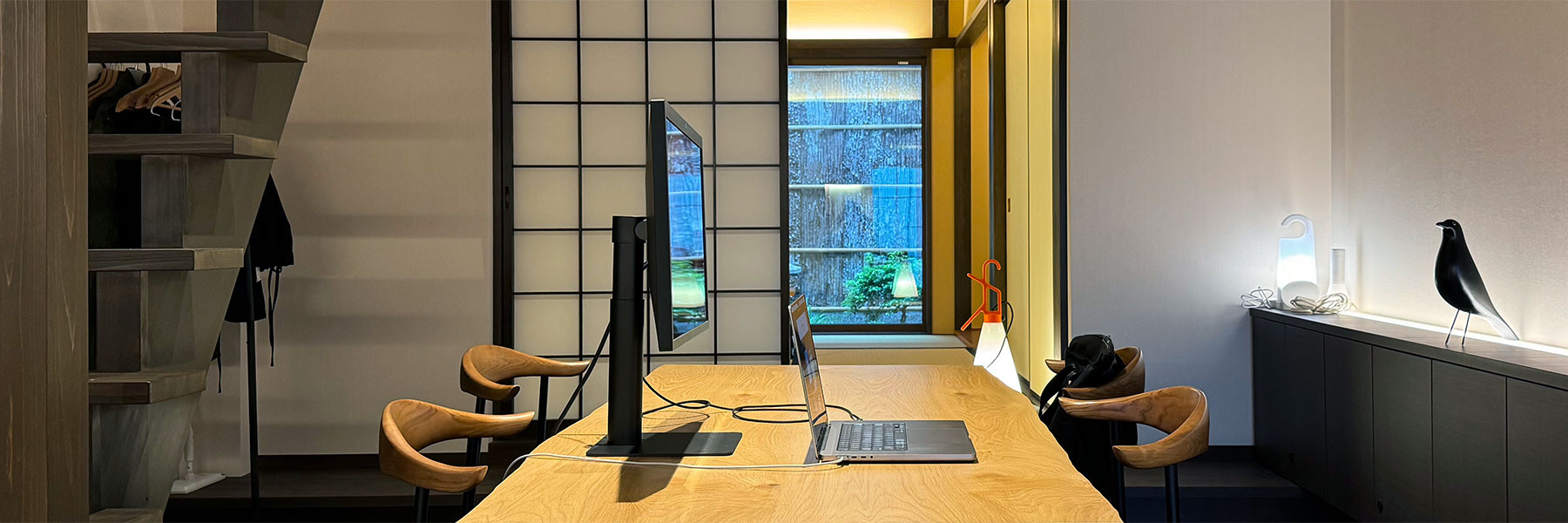CAN CITIES BE BUILT LIKE WIKIPEDIA?
Wikitopia Project is a research project led by computer scientist Yuichiro Takeuchi (Wikitopia Institute / Sony Computer Science Laboratories Inc.), with the goal of realizing technologically-enhanced future cities that are continuously edited and improved by citizens like the online encyclopedia Wikipedia. We engage in a wide range of initiatives spanning from basic research to product and service development.
Who are are in charge of building our cities? Governments, corporations, professionals such as architects and urban planners — while there may be a number of possible responses, in any case the power to design and build cities does not appear to be equally distributed among citizens (i.e., the actual "users" of cities), but instead seems to be consolidated in the hands of select institutions and individuals. This is in contrast to the digital world, where we can find many examples — Linux and Wikipedia, to name two — of large, complex, and reliable systems being created by "everyone", or groups of distributed, willing volunteers. And such democratically-created systems possess a number of beneficial attributes, such as the capacity for quick, incremental changes, increased reliability owing to transparency of process, and the ability to reflect the needs of diverse populations.
Our project aims to bring such democratic modes of production to urban design, giving rise to a new form of urbanism (i.e., Wikitopia) where cities are designed and created through active, spontaneous participations of citizens themselves.
While this vision of Wikitopia may strike some as fantastical, the idea of participatory urbanism is in fact a well-established one, with cities worldwide seeking to better involve citizens in urban decision making processes through workshops, online tools, etc. More direct, DIY-style urban design practices (sometimes referred to as "tactical urbanism") — many of which have beginnings as illegal activities — are increasingly receiving official sanction as well. For example, a number of cities have introduced "parklet programs" that allow citizen groups to transform roadside parking spaces into small pedestrian parks. In many regions around the world, citizens are taking up the task of improving their neighborhoods into their own hands, in increasingly creative ways and under full approval from local municipalities.
We believe that such participatory urban practices can be further accelerated through technological innovations. By incorporating artificial intelligence, robotics and other cutting-edge technologies, we hope to radically increase the speed, scope, and scale of citizen-led urbanism.
The majority of our research efforts is directed at developing novel technologies that facilitate citizen-led urbanism. We are interested in creating a wide variety of technologies, with special focus on those belonging to the four categories shown below. We actively pursue opportunities to deploy our technologies in the real world. An example of this is our "dédédé" online platform, which is now live and open to everyone — it is free to use, so please give it a try!
DIY-Style Urban Design
Support spontaneous, DIY-style urban design by citizens (e.g., tactical urbanism) through new design tools and fabrication technologies
Dynamic, Adaptive Environments
Make urban environments dynamically adapt and respond to citizens' needs using new interactive technologies and intelligent robotics
Sharing Visions of Future Cities
Allow citizens to easily visualize and share their visions of future cities through augmented/virtual reality and other new media technologies
Planning and Decision Making
Facilitate planning and collective decision making using new participatory platforms, communication tools, urban simulation software, etc.
In addition to scientific and technological research, we occasionally hold events (such as the 2018 Wikitopia International Competition) and engage in various outreach efforts such as publishing essays and booklets for a general audience.

The project is based at the Wikitopia Institute headquarters ("Wikitopi-AN") in Kyoto, Japan.
There are several ways to get involved in the project. If you are an undergraduate or graduate student in the Kansai area, you can join us by working as a research assistant at Sony Computer Science Laboratories Inc. so please consider applying there. If you are a member of a company or a research institution and interested in collaborating with us, please contact us using the form on the home page or by e-mail. We also routinely hold participatory workshops, seminars, etc. that are open to the public.